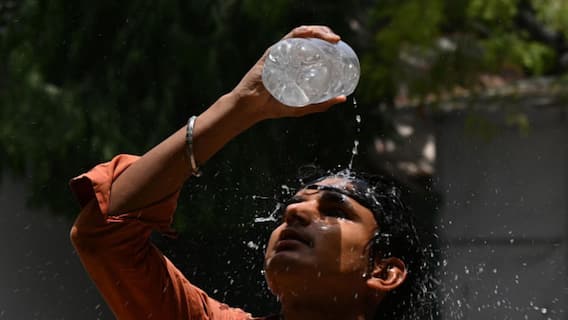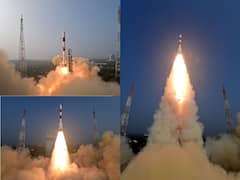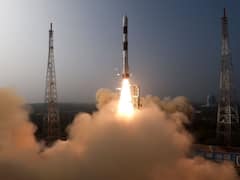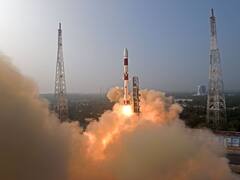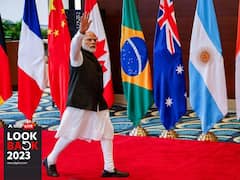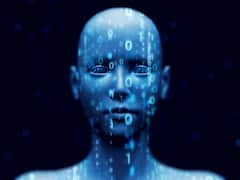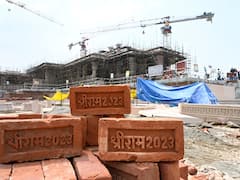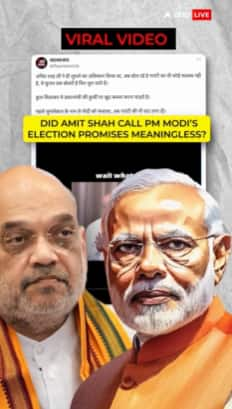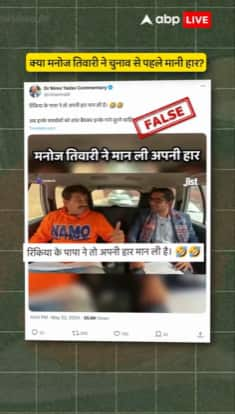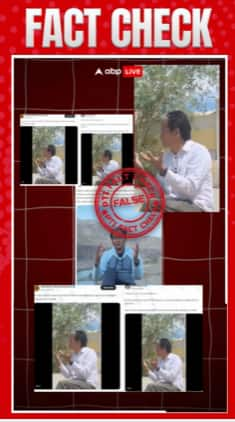
Does Blood Group Determine A Match In Stem Cell Transplant? Here Are Some Debunked Myths
The need for a donor with the same blood group, pain during transplant, and life-long side effects post stem cell donation are some myths associated with stem cell transplant.

By Patrick Paul
Blood cancer, a group of malignancies affecting the blood, bone marrow, or lymph nodes, poses a significant challenge to patients worldwide. Over 1.10 lakh people are annually diagnosed with blood cancer and various blood disorders in India, out of whom 30,000 are children. These cancers disrupt normal blood cell production and function, often leading to severe health complications if left untreated. Stem cell transplantation is often the only treatment option, offering hope to patients battling these diseases. However, misconceptions surrounding stem cell donation hinder the process, impeding patients' access to life-saving transplants.
Dispelling these myths is the need of the hour to increase awareness and encourage more individuals to become donors, ultimately saving lives.
ALSO READ | Indian Surgeons Save Woman With Knee Dislocation And Vascular Injury, Help Her Regain Mobility. Know More
Myths associated with stem cell transplants
The need for a donor with the same blood group, pain during transplant, and life-long side effects post stem cell donation are some myths associated with stem cell transplant.
Myth 1: The need for a donor with a matching blood group
One of the main misconceptions surrounding blood stem cell donation is that it is similar to blood donation, and that the blood group determines a match, which is not true. Finding a matching stem cell donor is more complex, and finding a match that will save a patient's life is difficult. Finding the perfect donor means finding someone with matching HLA (Human Leukocyte Antigen) characteristics, which are the most important factors in finding a matching donor.
For a stem cell transplant to be successful, the HLA, or tissue characteristics, of the donor needs to match as closely as possible to the patient, ideally 10 out of 10 relevant HLA characteristics. A donor could be related to a patient or could be a complete stranger.
Myth 2: Pain during stem cell transplant
Many people hesitate to register as donors due to myths about the pain involved, the process, or potential risks. Contrary to the belief that donating blood stem cells means losing them forever, donors only give a fraction of their total stem cells, which replenish naturally within weeks. Additionally, the process is far from invasive or painful; the process involves a non-surgical peripheral blood stem cell collection similar to platelet donation, lasting around four to six hours, with donors able to leave the clinic on the same day.
Unlike blood collection for transfusion, blood stem cells are collected only when there is a match between the donor and the patient’s HLA combination. So, an individual could potentially be the only match and lifesaver for a person with blood cancer in need of a transplant.
Myth 3: Prolonged side effects of stem cell transplant
Additionally, some people think that there could be prolonged side effects post-stem cell donation. However, there are typically no major issues, with minor flu-like symptoms.
Another common misconception is that donated blood stem cells can be stored; however, they are promptly delivered to the recipient's hospital. If accepted by the recipient's body, these stem cells commence the crucial task of producing healthy blood cells.
Another common misconception is that joining a blood stem cell registry is futile since most patients can find a match within their families. However, only 30% of patients needing a transplant have sibling matches; the majority, about 70%, require unrelated donors. Registries offer hope, housing thousands of potential donors and ensuring any patient in need has a chance at finding a life-saving match.
ALSO READ | India's First Civilian Astronaut Launched To Space Aboard Blue Origin's NS-25 With Five Others. Know More
The need to spread awareness to debunk myths
Awareness initiatives play a big role in debunking such myths. Sharing accurate information through awareness campaigns can dispel these myths and encourage people to make informed decisions. Awareness initiatives can build trust with the public by openly discussing the donation process, potential risks, and recovery time. This transparency allows people to weigh the potential benefits of saving a life against any minor discomfort. Awareness campaigns that showcase real patients who have benefited from stem cell transplants can have a powerful impact on people. Hearing first-hand accounts can motivate people to register and become potential lifesavers.
Today's youth, especially students, can play a vital role in supporting the fight against blood cancer by registering as potential stem cell donors, increasing awareness, dispelling myths, and organising donor drive events. Their involvement is crucial in addressing the challenge of finding matching donors for patients in need of life-saving transplants.
India's young population can make a tangible difference in combating blood cancers and other diseases. Encouraging more individuals to register as potential stem cell donors by providing cheek swab samples is crucial for saving lives. With the selfless contributions of donors and unwavering support from healthcare professionals, patients are given a chance to regain their health and vitality.
How to register as a stem cell donor
To register as a potential stem cell donor, you must be a healthy person between the ages of 18 and 55. When you are ready to register, all you need to do is complete a consent form and swab the inside of your cheeks to collect your tissue cells. Your tissue sample is then sent to the lab to be analysed for your HLA (Human Leukocyte Antigen) and listed anonymously on the international search platform for matching stem cell donors. If you are eligible, register as a blood stem cell donor by ordering your home swab kit at www.dkms-bmst.org/register.
(The author is the CEO of DKMS BMST Foundation India),
[Disclaimer: Information provided in this article is for general guidance only. Individual results may vary. It is important to consult a healthcare professional, who knows your body type and medical history, before implementing the suggestions and information provided herein].
Check out below Health Tools-
Calculate Your Body Mass Index ( BMI )
Top Headlines
Trending News







